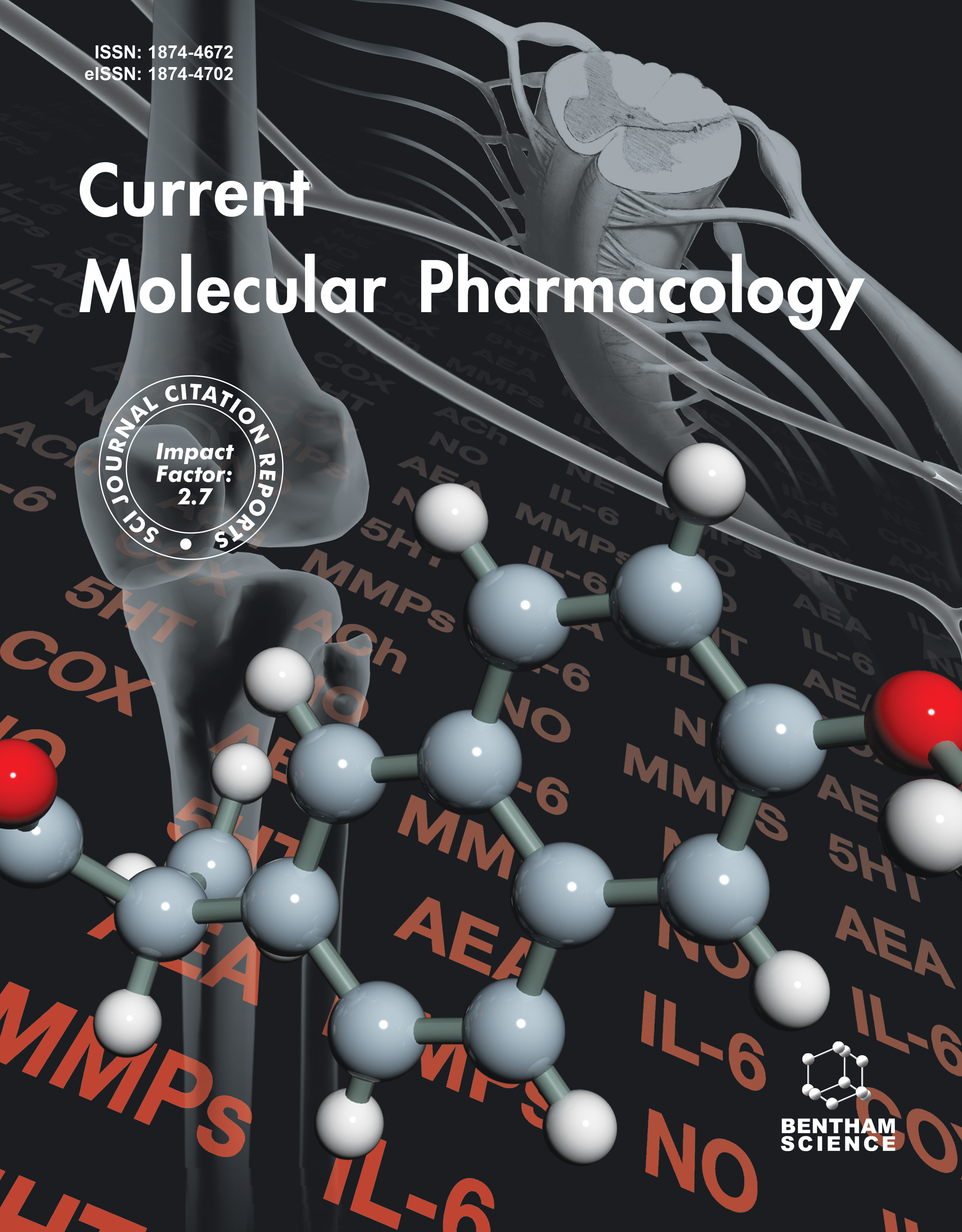-
s Parkinson's Disease: A Role for the Immune System
- Source: Current Molecular Pharmacology, Volume 5, Issue 3, Nov 2012, p. 340 - 349
-
- 01 Nov 2012
Abstract
Parkinson's disease (PD) is a progressive neurodegenerative disorder associated with the loss of catecholaminergic neurons in several brain regions. The motor symptoms of the disease are related to degeneration of the midbrain dopaminergic neurons, which occurs some time after the disease has begun. Both the innate and adaptive immune systems appear to play a role in the neurodegenerative process, and may contribute to disease progression. Here we review the neuropathology of PD with attention focused on the involvement of the innate immune cells (microglia) and the adaptive immune cells (T lymphocytes). In addition, we discuss animal models of the disease with emphasis on a progressive rat model which allows a detailed analysis of how the immune system contributes to neurodegeneration both during early and late stages of degeneration. Finally, for the early detection and treatment of PD, we discuss immunotherapy approaches.


